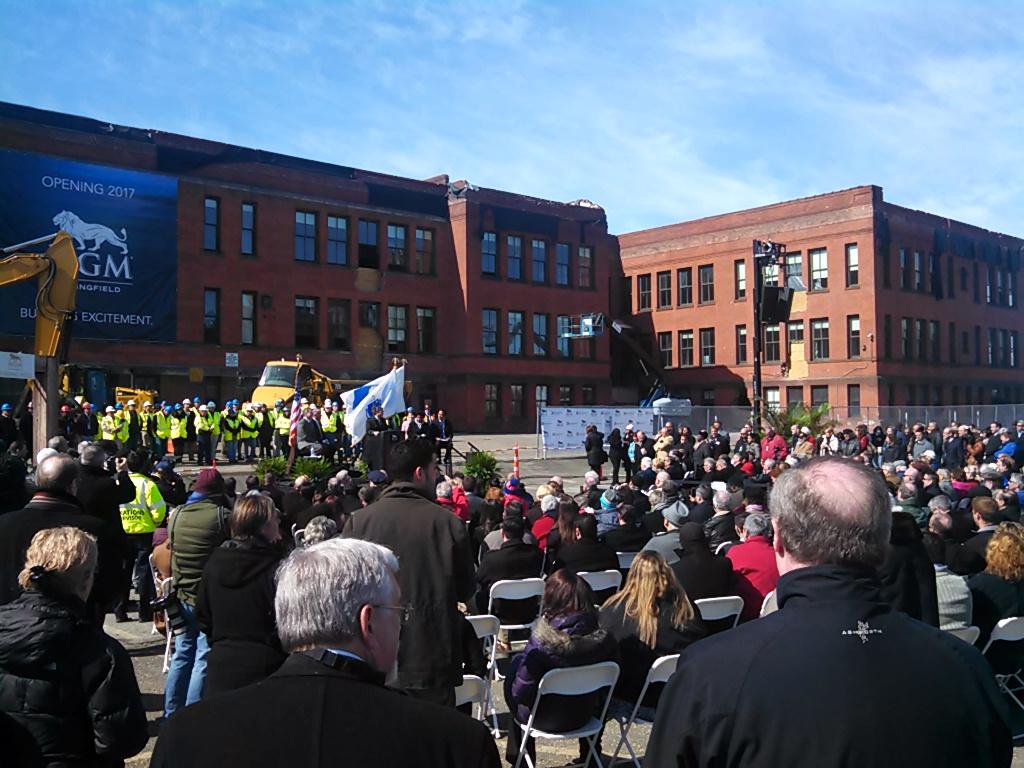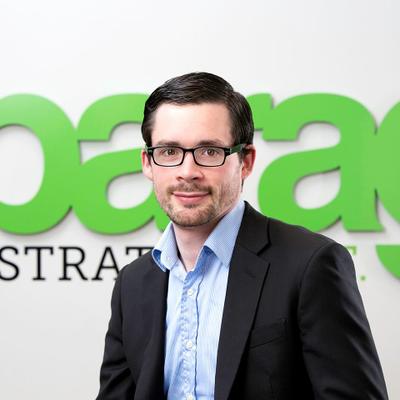Editorial: We May Say We Are Dreamers, but We Can’t Be Only That…

It’s not enough to dream it… (via Google image search/memegenerator.net. No we did not create this, it was already on the Internet).
A week after MGM’s groundbreaking and the sanguine, if sometimes adrift Vision 2017 presentation, the glow from both has dimmed. A sober assessment of city’s economic future can now be had. Once we get beyond the fact that only Ted Cruz invoked “imagine” more than Vision 2017 last week, it is possible to see both the good and the…well, naïve of what city officials are peddling.
There is absolutely reason to hope in Springfield, but we, as students of history, must sound a cautious note, especially when ghosts of Springfield past haunt much of the alleged path forward. There are troubling pockets of negativity and hostility inhibiting our city and these must be overcome.
But the Pollyannaish tack taken by The Republican’s editorial board is not appropriate either. It seemingly condemns thoughtful and careful approaches—which our city and region often lack—and insists we shut up and sing. Those who do not? Naysayers all! What manure.

The MGM Groundbreaking happened earlier on the same day as the Vision 2017 presentation. (WMassP&I)
While this blog respects the people’s choice when casinos has been before them, we still believe MGM Springfield cannot, in itself, be an economic game changer. Even the rosiest suggestions that an entertainment centered economy is in the offing always seem to come with a wink—or a prayer.
What’s is unfortunate about the city’s focus on “imagining” is it often wants for actual “imagination.”
From a baseball stadium (again!) to the laughable notion that Barbra might perform here, city officials’ “vision” for a new economy is entertainment. The problem is reviving an economically depressed city with an industry dependent on discretionary income. Those with robust entertainment economies enjoy either strong overall economies or already possess massive tourist industries. Springfield has neither.
Then there are the city’s cart-before-the-horse notions of opening restaurant and cafes for empty nesters and Millennials before getting them jobs to be able to patronizing them.
There is real progress, but this entertainment “dream” can blot it out. We deem Union Station’s renovation to be the city’s most significant economic development project with a potential return that, dollar for dollar, exceeds MGM’s. CNR’s rail facility may not only lead to spinoff businesses to serve the plant, but offer the city’s impoverished populations a broad and legitimate chance to get ahead.
The best part of Vision 2017, however, was dreaming small…as in small business. Delcie Bean of the Tech Foundry and Scott Foster of Valley Venture Mentors explained what happened to Springfield and what its future could hold.

Scott Foster (via Twitter/@attyscottfoster)
Invoking Detroit, they said an overreliance on few, very large employers, namely the Big Three, caused the Motor City’s decline. Though not all in the same industry, plant closings in Springfield cost the city hundreds of a jobs at a time. Even now, MGM and its 3000 promised jobs reflects the same problem.
Bean and Foster had another story to tell. Beyond Harvard Square, Cambridge was once a struggling, deindustrialized city. Kendall Square was a wasteland. But it became a red-hot center for tech, home to outposts of big guys like Google, but also countless small startup firms with less than 20 employees.

Delcie Bean (via Twitter/@delciebean)
VVM and the Tech Foundary on Main Street can seed the future for Springfield, especially if it hopes to diversify enough to weather future recessions, which since World War II have always let more air out of the city and region’s tires than recoveries subsequently replenish.
Perhaps inadvertently, Bean and Foster contradicted this entertainment/amenity-focused future by noting Springfield already had what it needed to start attracting young, industrious people. If we foster a creative environment and grow jobs, more amenities will follow.
One glaring omission from Vision 2017 was seeking to better integrate area higher education institutions into the city. Correcting this could be invaluable for students and residents both economically and academically, especially if we turn our attention to high-tech startups.
There is a tension between the political system’s need to produce something flashy and big and the slower, subtler changes that actually turn an economy around, but that is no excuse.
No, Springfield cannot afford to just dream. It needs to think and it needs to plan. It needs to cast aside pie-in-the-sky and work on the nuts and bolts. That’s not naysaying. It is determination.
